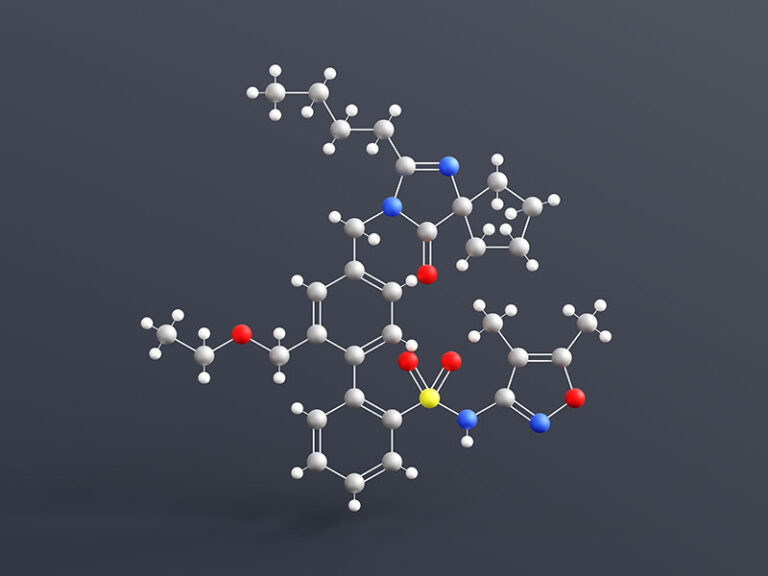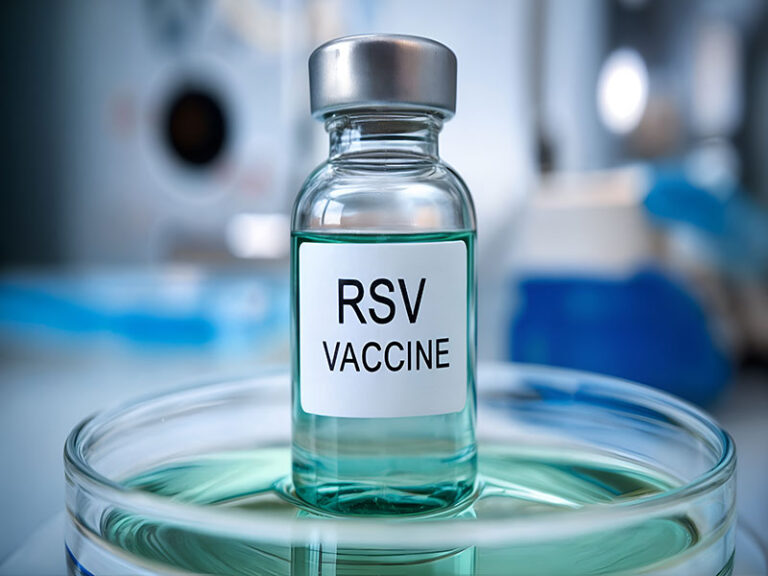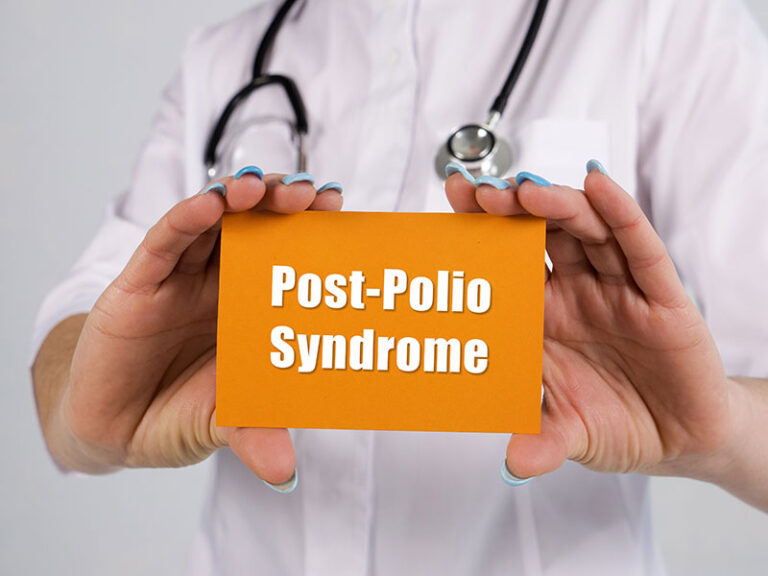Industry News
Research, Science & Manufacturer Updates
Disease Indications Articles
The U.S. Food and Drug Administration has approved Apellis Pharmaceuticals’ EMPAVELI (pegcetacoplan) as the first treatment for C3 glomerulopathy (C3G) or primary immune complex membranoproliferative glomerulonephritis (IC-MPGN) in patients 12 years of age and older, to reduce proteinuria.
Scientists at the University of Florida have developed an experimental mRNA vaccine that, when combined with standard immunotherapy drugs known as immune checkpoint inhibitors, produced a strong antitumor effect in mice, which could lead to a new way of treating cancer without relying solely on surgery, radiation or chemotherapy.
A recent study shows early childhood exposure to aluminum-adsorbed vaccines is not associated with an increased risk for autoimmune, atopic or allergic, or neurodevelopmental disorders.
Results of a Dana-Farber Cancer Institute-initiated Phase I clinical trial for patients with melanoma show that an updated formula and delivery of the NeoVax personalized cancer vaccine called NeoVaxMI is safe, feasible and improves the vaccine-specific immune response compared to previous trials of the platform.
The U.S. Food and Drug Administration has granted accelerated approval for Novartis’ Vanrafia (atrasentan) to reduce proteinuria in adults with primary immunoglobulin A nephropathy (IgAN) at risk of rapid disease progression.
Autism prevalence in the U.S. has increased from one in 36 children to one in 31, according to the Centers for Disease Control and Prevention’s (CDC) latest Autism and Developmental Disabilities Monitoring (ADDM) Network survey.
A recent study found there is significantly higher intravenous immune globulin (IVIG) resistance among children who contracted COVID-19 before developing Kawasaki disease
Researchers at Moffitt Cancer Center have found that tapping into the body’s own immune system and activating a type of immune cell known as B cells could be the key to boosting the effectiveness of tumor-infiltrating lymphocyte, or TIL therapy.
The U.S. Food and Drug Administration (FDA) has approved GAMMAGARD LIQUID ERC [immune globulin infusion (human)] with less than or equal to 2 µg/mL IgA in a 10% solution, the only ready-to-use liquid immunoglobulin (IG) therapy with low immunoglobulin A (IgA) content, as replacement therapy for individuals 2 years of age and older with primary immunodeficiency (PI).
A group of outside advisers to the Centers for Disease Control and Prevention (CDC) voted 5-2 to recommend the use of Merck’s new antibody vaccine, Enflonsia (clesrovimab), that can protect babies from respiratory syncytial virus (RSV).
Grifols announced positive results from its Phase II/III clinical trial evaluating the efficacy and safety of Flebogamma 5% DIF (intravenous immune globulin [IVIG]) to treat patients with post-polio syndrome, which demonstrated a significant improvement in distance walked compared to placebo.
Pembrolizumab, an immune checkpoint inhibitor, has been approved by the U.S. Food and Drug Administration (FDA) to treat patients with resectable locally advanced head and neck squamous cell carcinoma whose tumors express PD-L1 (combined positive score [CPS] ≥1) as determined by an FDA-approved test.











